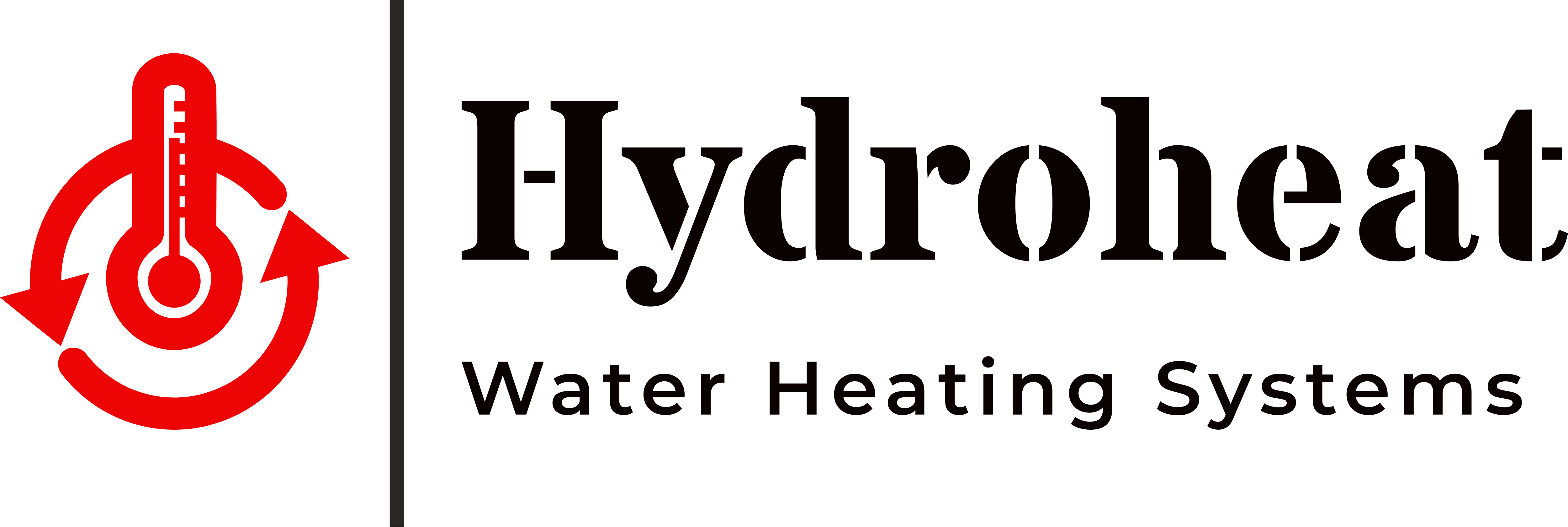The best way to heat your pool
Regardless of whether your pool is outdoors or indoors, there are many advantages of being able to swim all year round. Gone are the days that the end of summer signalled the end of the pool season. A heated pool offers loads of health benefits, especially if you’d rather not face going to the gym. The question is how to heat it effectively and affordably?
Investing in a quality pool heater
For heating your pool, you can choose between solar heating panels or heat pumps. Heat pumps are neat, compact and an effective way to attain and maintain your pool temperature.
Heat pumps are the most economical choice to heat almost any pool. Solar pool heating can still heat your pool on cloudy days, but not to the same temperatures a heat pump can.
The ins and outs of heat pumps
Heat pumps draw in the heat and humidity from the air and can be installed on the ground as they require little space. A quality heat pump should easily last between 10 to 20 years.
The time needed to heat a pool depends on the size of the heat pump. If it is correctly sized, your pool should reach the desired temperature in 10 hours or less from its coldest. With its built-in thermostat that monitors the pool’s temperature, the pump is automatically throttled when the swimming temperature is reached. Should the pool temperature drop by 1 degree less than the set temperature, the pump will kick in again.
Ideally, a pool should always be covered to hold heat and to stop evaporation and waste of water in addition to keeping debris out of the pool when it’s not being used.
Here comes the sun
You might have reservations over the initial cost of getting a solar water heater fitted. When you consider the long-term benefits, and the ability to have a warm shower on a cold night when there is now power, give Hydroheat a call and we’ll discuss the best solutions for your home.
